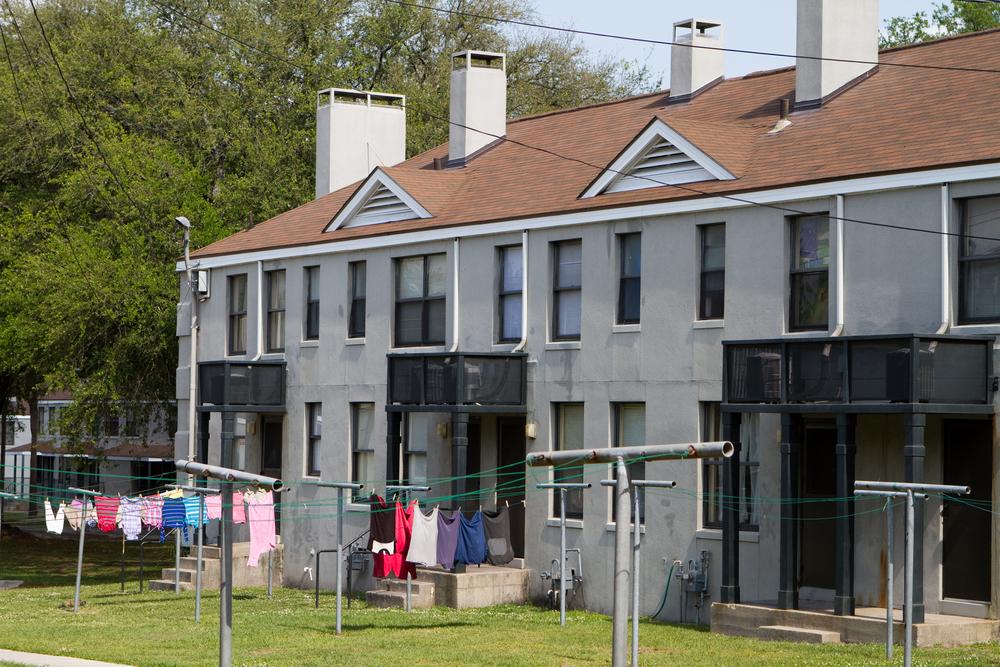Comprehensive Guide for Low-Income Families Seeking Affordable Legal Support
This comprehensive guide provides low-income families with essential information on accessing affordable and free legal support. It covers legal aid programs, law school clinics, courthouse facilitation services, mediation, pro bono work, and community resources, empowering families to navigate legal challenges confidently and cost-effectively.

Comprehensive Guide for Low-Income Families Navigating Legal Challenges
Legal issues can be overwhelming, especially when financial constraints hinder the ability to hire skilled attorneys. For low-income families, securing effective legal representation is crucial to protect their rights, families, and future stability. Fortunately, numerous programs, organizations, and community resources are dedicated to providing affordable or even free legal assistance to those in need. Understanding how to access these services can make a significant difference in resolving legal disputes efficiently and affordably. This comprehensive guide offers detailed advice on finding suitable legal support tailored specifically for low-income households facing diverse legal challenges.
Exploring Local Legal Assistance Programs
One of the most practical first steps is to investigate local legal aid programs. Many municipalities, counties, and states operate assistance initiatives designed to help residents who cannot afford traditional legal fees. These programs often include sliding-scale fee plans or free legal clinics. Contacting your local legal aid society or community services center can connect you with qualified legal professionals who offer discounted services based on your income level. In addition, some legal aid organizations specialize in specific areas like housing, immigration, or family law, aligning their expertise with your particular needs. It’s advisable to inquire about eligibility requirements, appointment processes, and the scope of services offered to determine the best approach for your situation.
Legal Clinics at Law Schools
Many universities and law schools operate clinical programs that provide free legal services to the community. These clinics are supervised by experienced attorneys and involve law students gaining practical experience while serving those in need. Legal clinics often address common legal issues such as landlord-tenant disputes, divorce, child custody, and criminal defense. Engaging with a law school clinic can offer professional-level advice and representation without the high costs associated with private firms. To find a nearby law school legal clinic, visit the university’s website or contact their law department. Most clinics require an initial consultation, after which they evaluate whether they can assist with your case.
Assistance from Courthouse Facilitators
Some courthouses employ facilitators or court navigators whose role is to guide individuals through complex legal procedures. These facilitators help with document preparation, understanding court processes, and ensuring that your paperwork complies with legal standards. Their assistance can streamline your case and reduce the need for costly legal representation. Inquire at your local courthouse or contact your bar association to find out whether such services are available in your jurisdiction. Many court systems have dedicated programs for self-represented litigants to improve access to justice for low-income individuals.
Options for Free or Low-Cost Legal Help
If hiring a private attorney is financially unfeasible, consider reaching out to legal aid organizations, community law centers, and local bar association referral programs. These entities often offer free initial consultations, legal advice, and representation in urgent matters such as divorce, child custody, eviction, or employment disputes. Many legal aid organizations prioritize cases involving vulnerable populations or those with specific eligibility criteria based on income. It’s recommended to prepare relevant documents and detail your legal issue beforehand to maximize the benefits of these consultations.
Representing Yourself in Divorce and Custody Cases
For certain legal proceedings like uncontested divorces or straightforward custody arrangements, self-representation can significantly reduce legal costs. Many jurisdictions provide resources, forms, and online guides to assist individuals managing their cases independently. However, it’s important to exercise caution, particularly if domestic violence or complex legal disputes are involved. While self-representation is an option, consulting with a legal professional for advice or attending a legal clinic beforehand can ensure that your rights are protected. In scenarios involving safety concerns or contested issues, employing professional legal counsel is highly advisable.
Using Mediation for Cost-Effective Resolutions
Mediation offers an effective alternative to lengthy court battles. Professional mediators facilitate negotiations between parties, helping them reach mutually satisfactory agreements without the need for litigation. This approach is particularly useful in family law cases, such as divorce settlements and child custody disputes, where cooperation is essential. Mediation tends to be less expensive, faster, and less adversarial than traditional court proceedings. Many courts encourage or even require mediation before proceeding to trial, especially in family law cases. Low-income families can often access free or subsidized mediation services through legal aid organizations or community centers.
Pro Bono Legal Services and Volunteer Lawyers
Some attorneys generously dedicate part of their practice to pro bono work, offering free legal services to those who cannot afford regular fees. These volunteer lawyers often work through nonprofit programs or bar association initiatives designed to connect qualified low-income clients with legal expertise. Pro bono attorneys can assist with a wide range of legal issues, including family law, housing, immigration, and domestic violence cases. To access pro bono services, you may need to meet specific income requirements or submit an application demonstrating your need. Consulting your local bar association or legal aid society can help you identify available pro bono opportunities.
Resources from Non-Profit Organizations and Legal Aid Societies
Non-profit organizations and legal aid societies play a vital role in providing free or low-cost legal services to underserved populations. These organizations often focus on critical issues impacting low-income families, such as housing stability, immigration, public benefits, and family law. Eligibility criteria may vary depending on income, residency, and the nature of your legal problem. Engaging with these organizations involves filling out an application process and providing documentation to establish your financial situation. Once qualified, you will gain access to dedicated legal support, resources, and guidance necessary to navigate complex legal matters effectively.
In conclusion, although legal challenges can be daunting for low-income families, a wide array of resources and programs are available to help bridge the gap. From local legal aid and law school clinics to mediation and pro bono services, each option offers a pathway to affordable legal support. Taking proactive steps to explore these options can ensure your legal rights are protected without causing financial hardship. Remember, seeking legal assistance is a vital investment in your future stability and peace of mind, and help is within reach if you know where to look.





